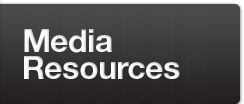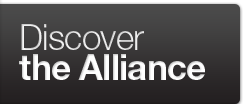Crisis is the new normal, says Carlos Ghosn
All multinational corporations have had their share of crises in the past three years -- particularly those with a substantial footprint in Asia.
In a keynote address to the Japan Society in New York last week, The Renault-Nissan Alliance CEO Carlos Ghosn described what he’s learned in wake of the global liquidity crunch that began with the Lehman Brothers collapse in 2008; the March 11 earthquake and tsunami; Thai floods; the relentless strength of Japan’s currency; and Euro zone financial turmoil.
Ghosn -- the first person to be CEO of two Fortune Global 500 companies simultaneously – walked through the five key steps of crisis management.
The first and most important task, he said, is lucid assessment of the current reality facing the business – followed by creation of a plan that the team can begin executing as quickly as possible.
For instance, when Ghosn arrived at Nissan in 1999 to find a company on the brink of bankruptcy, he and his team created the Nissan Revival Plan in three months. Following the collapse of Lehman Brothers, executives created a crisis management plan in two weeks. Plans for the earthquake and tsunami began even while Nissan’s headquarters was shaking on March 11.
“Quick is relative,” he said.
You can learn more by watching the full speech here:
During a question and answer session with the standing-room-only crowd, Ghosn talked about the Nissan LEAF, the first mass-produced, affordable zero-emission vehicle.
Nissan has already delivered more than 17,000 LEAFs worldwide, making it the most popular electric vehicle ever. Renault is launching a family of four zero-emission vehicles, including the Fluence Z.E. sedan, the Kangoo Z.E. van, the Twizy urban commuter vehicle, and the ZOE compact car.
Ghosn called zero-emission vehicles the “anti-crisis weapon” because they provide automakers, consumers and the planet with a hedge against rising oil prices, the effects of climate change and energy dependence.
He also had advice for others in the audience whose businesses were recovering from the onslaught of crises in the past year:
“The one thing we know about a crisis is that there’s going to be another one.”




Comments
Leave a comment